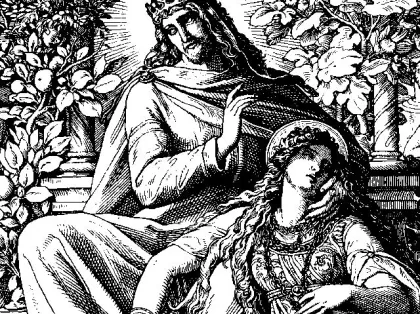Special Notices to All Who Deny Two-Seedline, Part 1

Special Notices to All Who Deny Two-Seedline, Part 1
We have just finished a commentary on the epistle of Paul to Titus, and that leaves just two epistles remaining to complete our commentary on the letters of Paul, which has already run for 108 weeks, and we only have remaining the two epistles written to Timothy. But because Titus and 1 Timothy are so similar in content, we have thought to take an intermission before making a presentation of it, and to do something else in the meantime. Furthermore, because we plan to travel soon and that places some restrictions on us, we have thought about what we are going to present while we are on the road later this Spring. So here we are going to begin a presentation and critical review of Clifton Emahiser’s series of short essays which he titled Special Notices to All Who Deny Two-Seedline, and which he concluded after 24 parts. If my own memory serves me correctly, Clifton wrote these from 2000 through 2002, and they were among some of the very first materials which he had asked me to proofread.
There is another reason why I chose to begin presenting these Special Notices at this time, and that is to once again review many of the basic principles upon which our version Christian Identity faith is grounded. Looking around for a topic for this evening’s program, I came across a quote I had saved wherein Ted Weiland, a supposed Christian Identity pastor and former rodeo clown, was pontificating about the election of God, and had quoted William Cameron’s book, The Covenant People. Here are the quotes he offered:
The Bible is not a history of the human race at large, but one distinct strain of people amongst the family the races. All the other races are considered with reference to it…. The Bible deals with one race which flows like a Gulf Stream through the ocean of humanity. As the actual Gulf Stream touches two continents and blesses the nations, so this race, in its origin, history and destiny, was selected and equipped for the service of the [other] nations.








 Please click here for our mailing list sign-up page.
Please click here for our mailing list sign-up page.








Recent comments